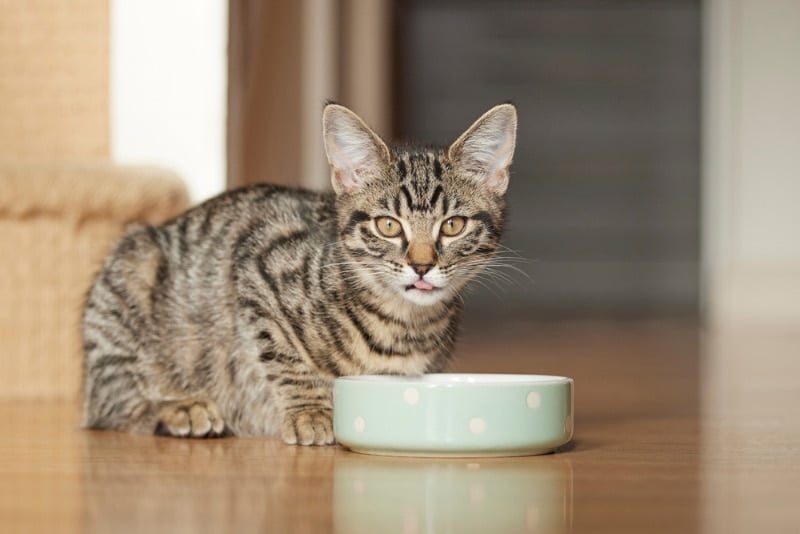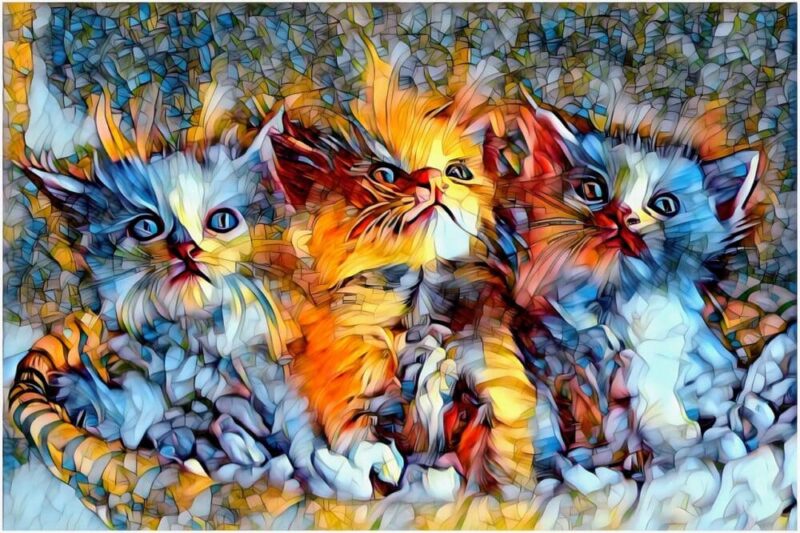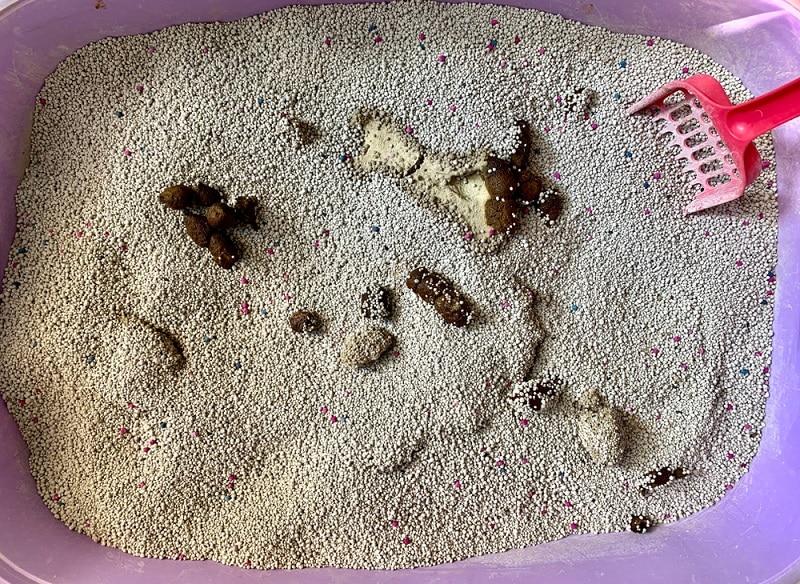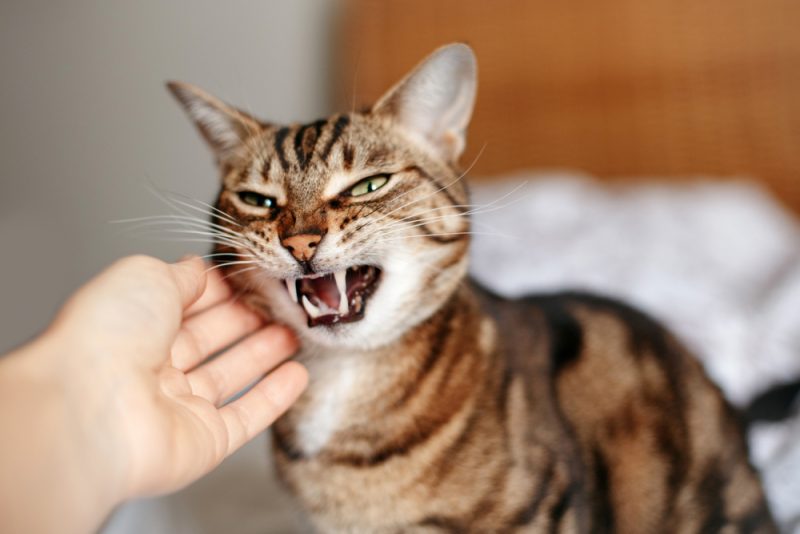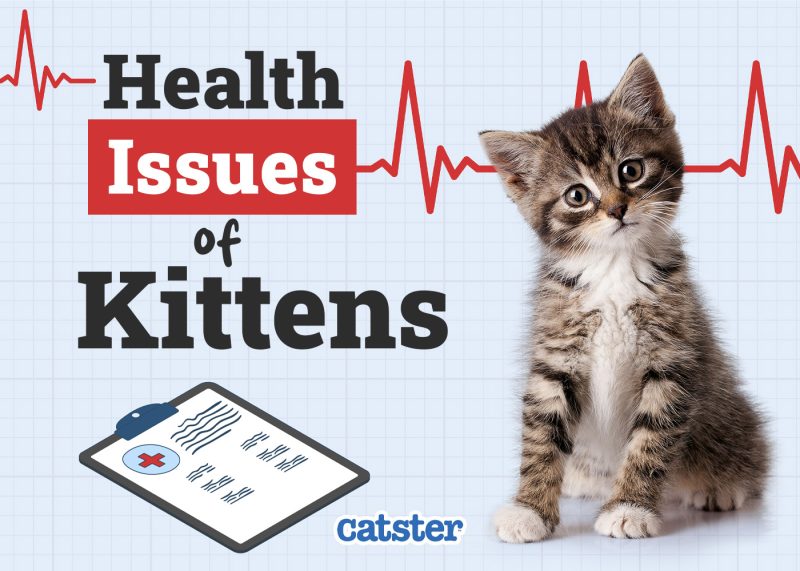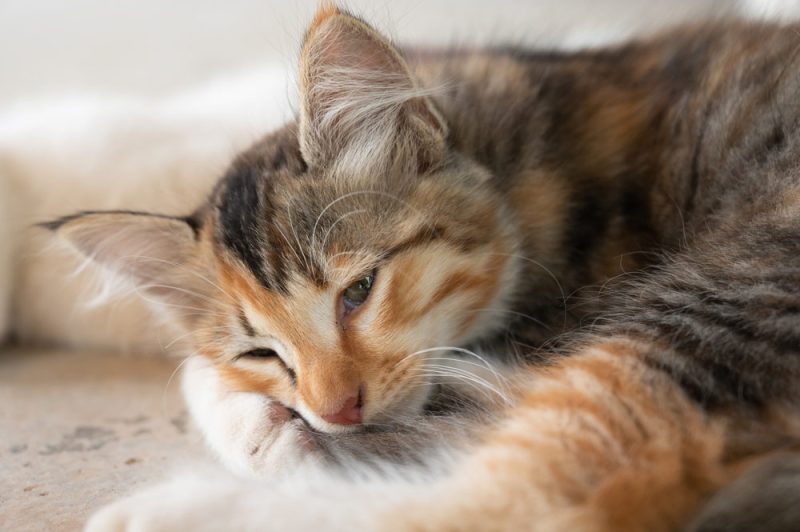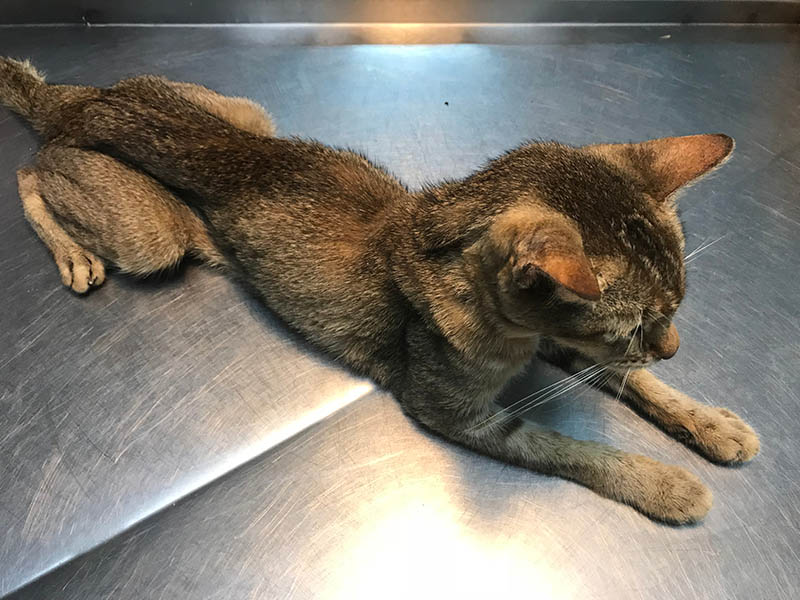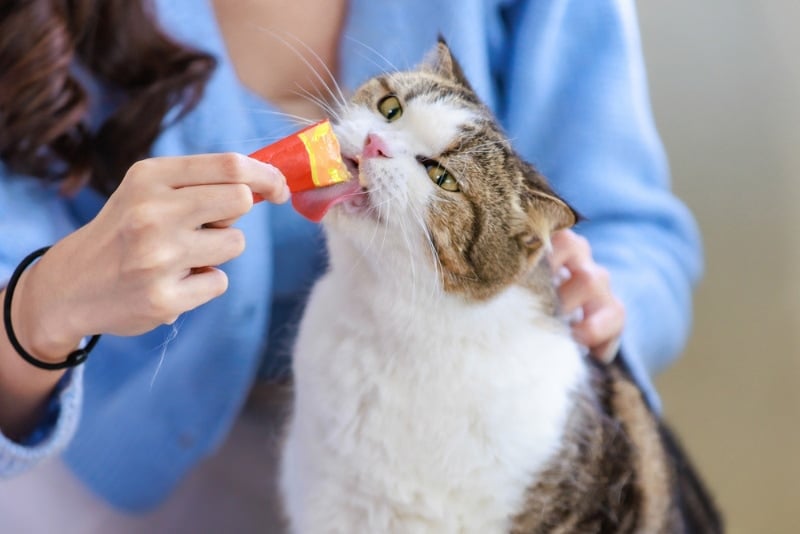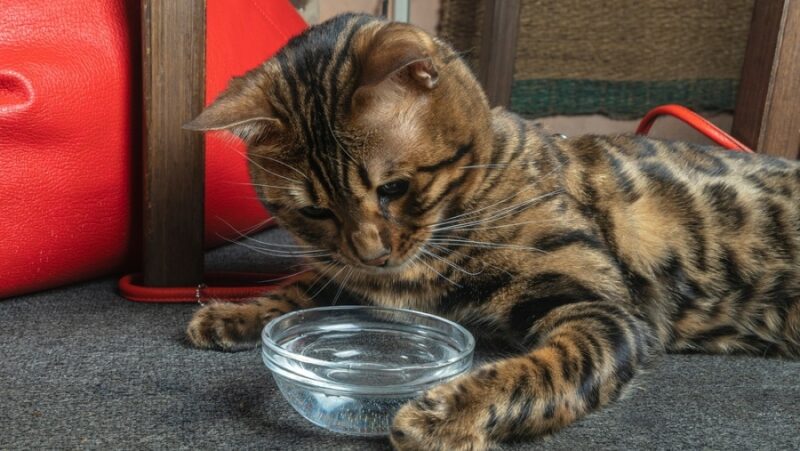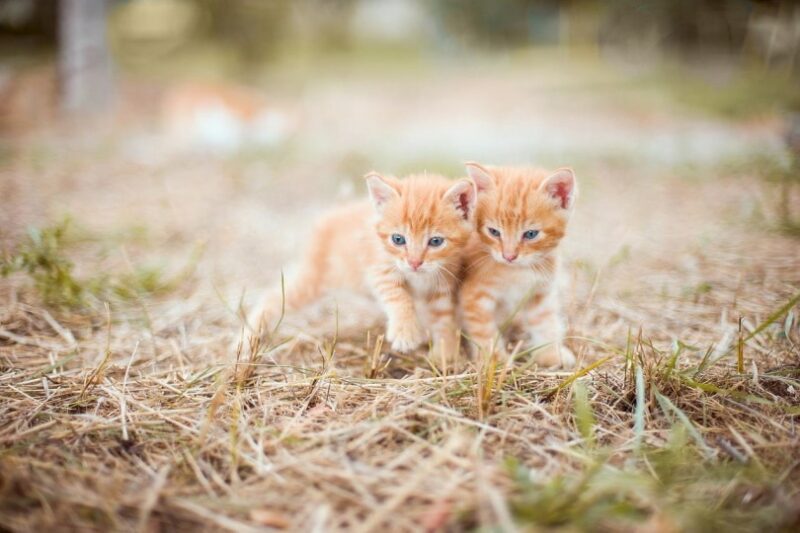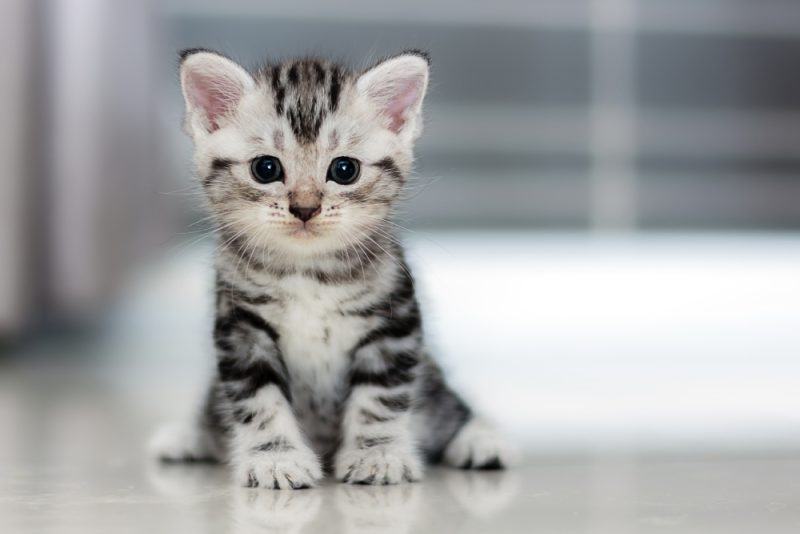In this article
View 3 More +If you have a cat and like plants, you know how hard it is to keep your furry friend away from them. We try our hardest to shoo them away, but our cats always seem one step ahead of us. We don’t want our beloved kitties to eat something that they shouldn’t, so we should understand how sage affects felines.
Sage is a common herb that people like to grow indoors. So, is sage safe for cats? Fortunately for cat owners, sage is safe for cats to eat. However, it needs to be in moderation. If this is an herb that you enjoy growing, keep reading to learn more about sage and cat safety.

A Closer Look at Sage
Sage (Salvia officinalis) is native to the Mediterranean, and both fresh and dried forms are used for culinary purposes. It’s also used for medicinal purposes with promising benefits, but more research needs to be done.
There are a few other varieties of sage, but the most popular variety to grow is common sage. Not many people know that sage is a member of the mint family—the same family that catnip belongs to. Many plants in the mint family have large leaves that grow tall and wide. It’s the perfect leaf for a cat to munch on.
Kitties won’t experience a catnip high when they eat sage, but many plants in this family are deemed safe by the ASPCA. However, essential oils are different. These are highly concentrated oil extracts and can be harmful to your kitty. If your curious cat decides to try a taste of sage oil, you should call a veterinarian for further instructions.
Need veterinary advice but can't get to the clinic? Catster recommends PangoVet, our online veterinary service. Talk to a vet online and get the answers and advice you need for your cat without having to leave your living room — all at an affordable price!

Do Cats Like Sage?
Many different plants attract cats. It’s hard to say if cats are attracted to sage because of the scent, the wide-set leaves, texture, flavor, or novelty. Cats have strong olfactory senses, and sage has a compelling, earthy aroma with dark undertones that might be off-putting to some and attractive to others.
Sage also doesn’t have nepetalactone, the chemical in catnip that causes your cat to react to it. Your cat is probably attracted to sage the same way they’re attracted to grass. Still, some owners report that their cats love sage. If your cat likes to eat this herb, be mindful of how much they consume to avoid gastrointestinal upset.
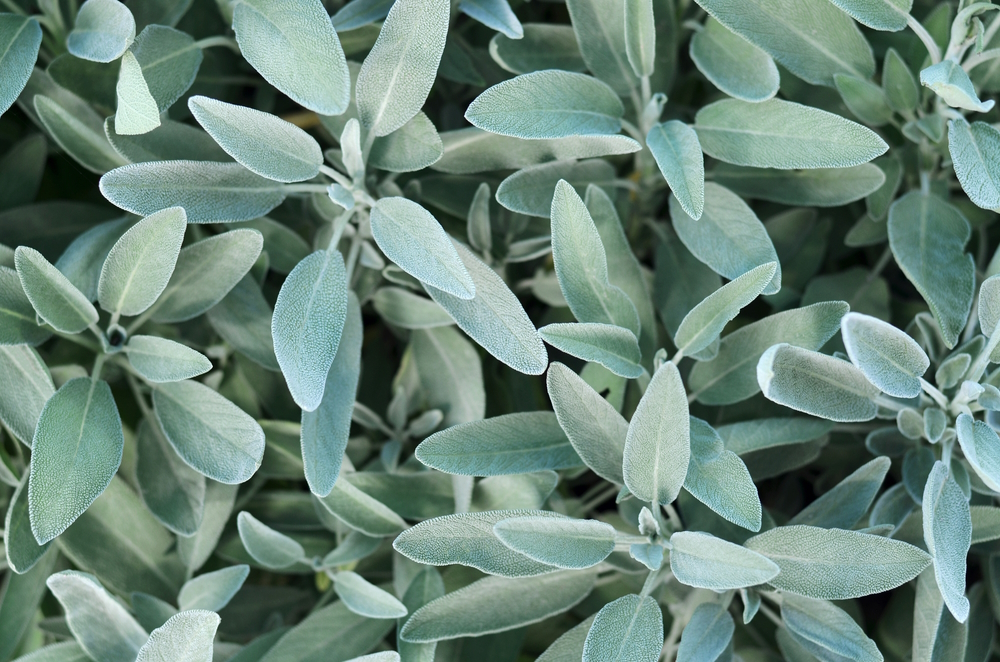
How Much Sage Can My Cat Eat?
There’s no set amount of how much sage your cat can eat. Cats are obligate carnivores, so meat is what they need for a happy, healthy life. Small amounts of safe plant matter are generally fine for cats.
Some plants, like sage, are good for your cat in moderation. Even some cat treats contain small amounts of sage. If you use these treats, this might be why your cat likes your plant so much, but we still don’t want our kitties to freely feed on this herb.
Your cat may experience GI upset like vomiting and diarrhea if they over-eat sage. It’s wise to call a veterinarian if you notice any tummy issues with your cat. In more severe cases, sage could affect the central nervous system because of the chemical thujone found in the herb. However, this has only been tested on lab animals, so it’s unclear if this would affect pet cats.
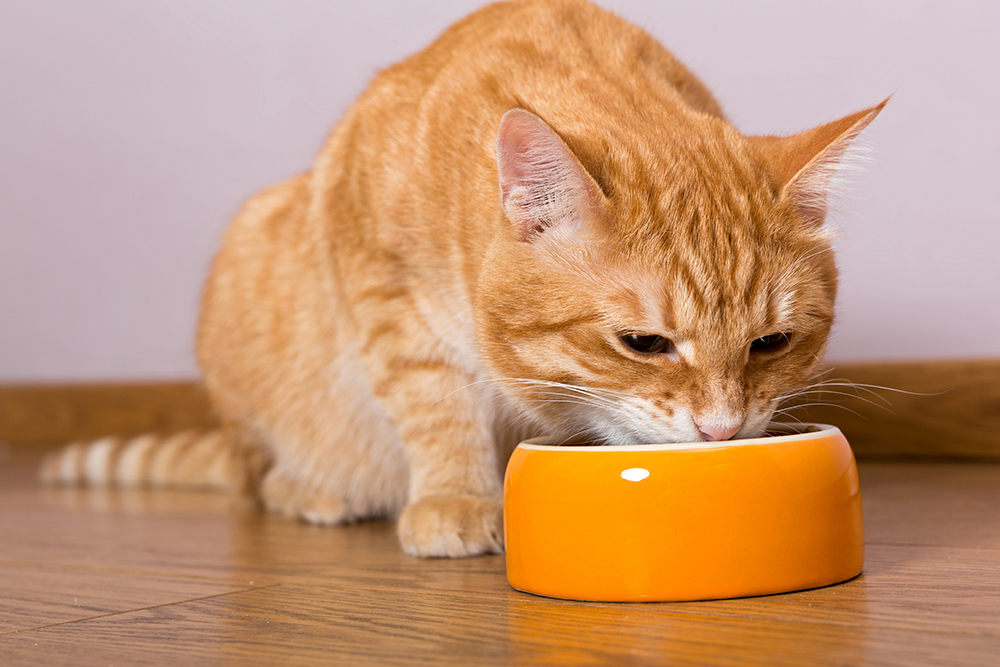
What About Burning Sage?
Burning sage is a spiritual ritual known as “smudging.” You don’t use common sage for this ritual. White sage (Salvia apiana) is the most common variety used for this practice, but there are other varieties you can try. White sage is another safe variety for your cat to nibble on in small quantities.
At this time, no apparent studies show that burning white sage around your cat is harmful. You should avoid the practice around your cat if your cat has respiratory issues or is elderly, though. If you want to burn white sage in your home, open a window for ventilation, or put your cat somewhere in the house where they won’t have difficulty breathing. Traditional smudging ceremonies require you to open the windows to release the negative energy in the room, so it’s a win-win!

Conclusion
Sage is a wonderful herb to have in the house, and thankfully, sage is safe for cats. It’s delicious in several types of dishes and great for meats. Plus, it has unique medicinal properties should you need to use it. It’s also a lovely houseplant if you don’t intend to use the herb for anything except the occasional soup. Regardless of how you choose to use it, your cat will want to help you. Don’t be alarmed—this herb is harmless to cats in small amounts.
Related Reads:




